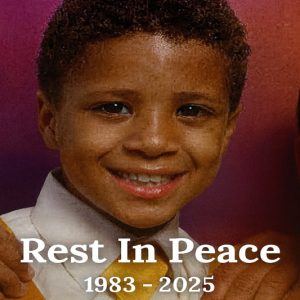Thirty minutes ago in Washington, Pete Hegseth was confirmed as a prominent voice in the ongoing political conversation, drawing attention from both his supporters and detractors. The announcement marked another step in his public career, highlighting his deep ties to conservative media and his close alignment with America First priorities. For many in Washington, the confirmation underscored his rising influence within the Republican Party and his ability to shape discussions on national security, veterans’ issues, and cultural debates.
Hegseth, a U.S. Army veteran and longtime Fox News host, has built his reputation as a staunch defender of traditional values and a sharp critic of progressive policies. Supporters hailed his confirmation as evidence of a strong, unapologetic conservative voice entering a new phase of leadership. They praised his service record, communication skills, and commitment to veterans, arguing that he embodies the kind of patriotism and directness that resonates with grassroots voters.
Critics, however, raised concerns that his confirmation represents a deepening of partisan divides. They pointed to his outspoken commentary, which often takes aim at Democrats and establishment figures alike, as proof that his influence may further inflame polarization. For them, the move reflected not just a personal achievement for Hegseth, but also a broader sign of the continuing power of Trump-aligned media personalities in shaping the Republican agenda.
The moment in Washington carried significance beyond Hegseth himself, serving as a reminder of how media figures are increasingly blurring the lines between journalism, politics, and activism. His confirmation reinforced the idea that voices from television and commentary can translate into political weight, shaping debates at the highest levels. For both his allies and his opponents, Hegseth’s rising profile is a signal that his influence on conservative politics is only set to grow.






